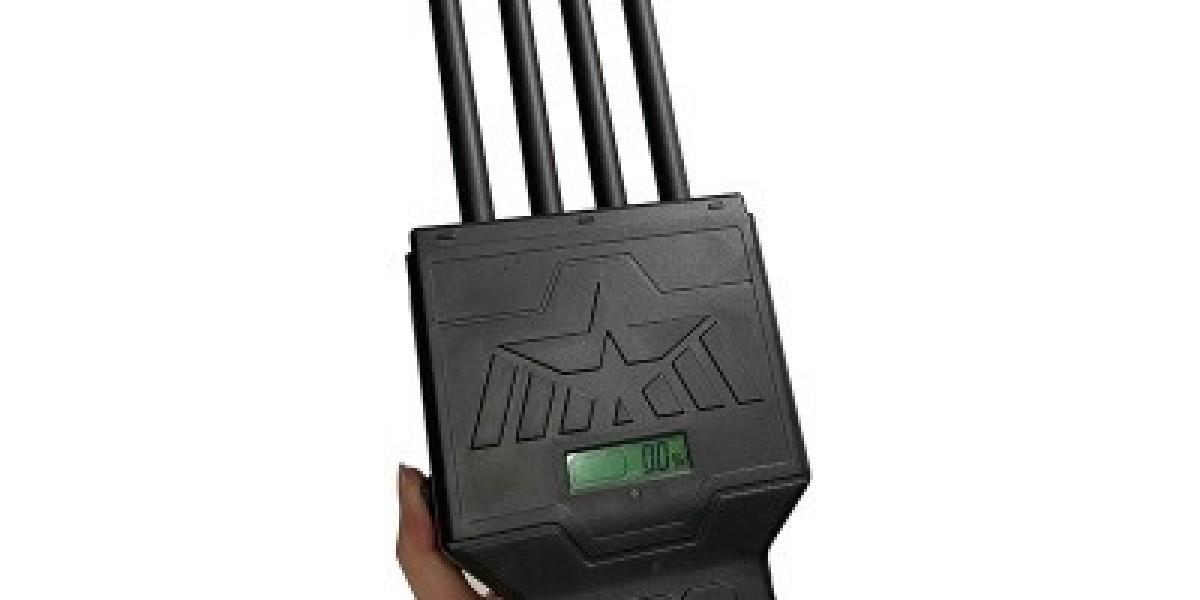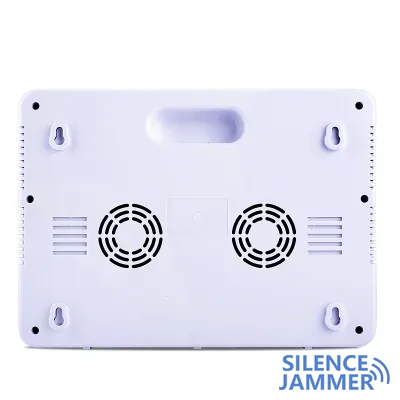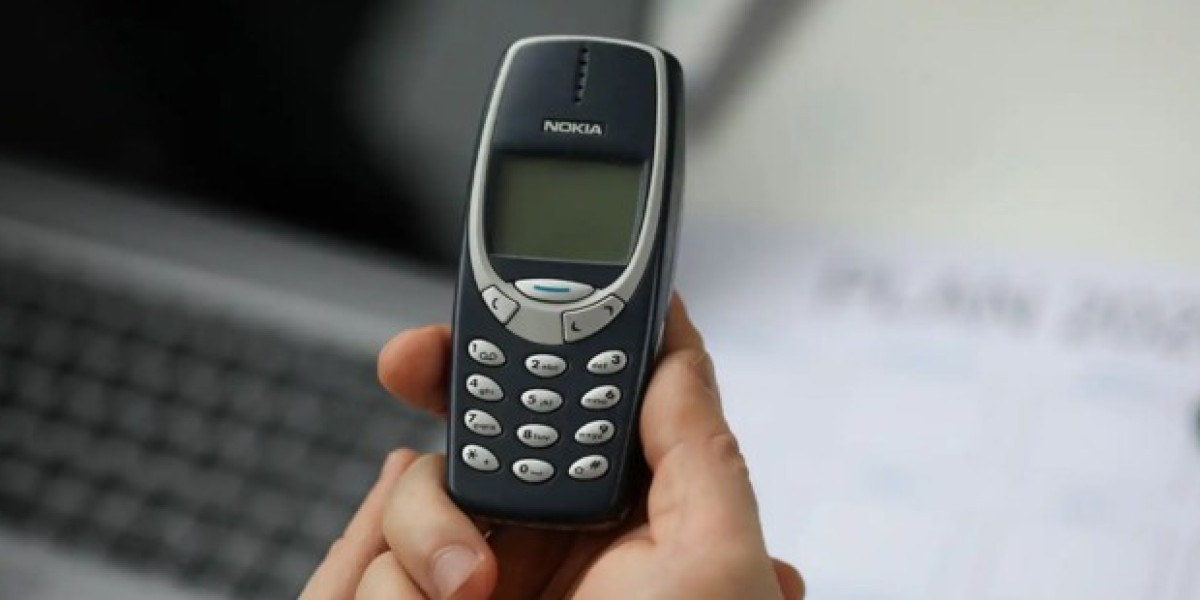A cell phone signal jammer is an electronic device designed to interfere with and block communications between mobile phones and base stations. It prevents mobile phones from receiving and sending signals by sending strong radio waves that cover the frequencies used by mobile phones. This device has a variety of uses, including protecting privacy, preventing information leakage, and controlling communications. However, the use of cell phone signal jammers is also accompanied by legal and ethical disputes. This article will explore in detail the working principles, uses, legal provisions, and social impact of cell phone signal jammers.
The core principle of a cell phone signal jammer is to interfere with communications by emitting radio waves at the same frequency as the mobile phone. Specifically, the jammer generates strong radio signals that cover the receiving frequency of the mobile phone, making it impossible for the mobile phone to receive useful information from the base station, and it is also impossible to send data to the base station.
1. Signal coverage
Cell phone signal jammers transmit interference signals through antennas, and these signals form a coverage area within a certain range. Within this area, the mobile phone signal will be interfered with, resulting in communication interruption. The effective range of the jammer depends on its power and design, which can range from a few meters to hundreds of meters.
2. Multi-band interference
Modern mobile phones use multiple frequency bands for communication, such as 2G, 3G, 4G and 5G. In order to effectively interfere with mobile phone communications, jammers are usually designed to cover multiple frequency bands. At the same time, some advanced jammers can also selectively interfere with specific frequency bands as needed to achieve more precise control effects.
3. Modulation method
The modulation methods of the interference signal are also varied, including sweep modulation, broadband noise modulation, etc. These modulation methods are designed to maximize the coverage of the receiving frequency of the mobile phone and ensure the interference effect.
Mobile phone signal jammers have practical application value in some specific occasions. However, the legality and morality of their use are often questioned.
1. Privacy protection
In some meeting rooms, confidential places or important business negotiations, the use of mobile phone signal jammers can prevent information from being leaked through mobile phones. By blocking mobile phone signals, it can ensure that no one can record, record or send information through mobile phones, thereby protecting privacy and sensitive information.
2. Examination venues
In order to prevent students from cheating in exams, some examination centers will use mobile phone signal jammers. This can effectively prevent students from getting outside help through mobile phones and ensure the fairness of the exam.
3. Security
In certain places with high security requirements, such as prisons, military bases or important government agencies, mobile phone signal jammers can prevent unauthorized communications. This can prevent insiders or outsiders from conducting illegal activities through mobile phones, such as smuggling, escape plans or leaking confidential information.
4. Public places
In certain public places, such as cinemas, theaters or libraries, the use of mobile phone signal jammers can prevent mobile phone ringing and calls from disturbing others, thereby maintaining public order and a quiet environment.
1. United States
In the United States, the Federal Communications Commission (FCC) prohibits any unauthorized individual or business from using, selling or marketing jamming devices. The FCC believes that jamming devices will interfere with public communication services and threaten public safety. Therefore, it is illegal to use mobile phone signal jammers unless special permission is obtained.
2. Europe
European countries also have strict regulations on mobile phone signal jammers. EU member states generally prohibit private individuals and companies from using jamming devices, and only specific government agencies and organizations with special licenses can use them.
3. Asia
In Asia, legal provisions vary. For example, China has strict restrictions on the use of jamming devices, which are usually limited to specific places authorized by the government. In Japan, the use of mobile phone signal jammers is almost completely banned.
The use of mobile phone signal jammers has sparked widespread social discussion, focusing on their legality, morality, and impact on social order and security.
A mobile phone signal jammer is an electronic device with a specific purpose that controls communications by interfering with mobile phone signals. However, its use is accompanied by legal and ethical complexities. In some cases, jammers can indeed protect privacy and maintain security, but they may also have a negative impact on public safety and personal rights. Understanding the working principle, purpose, and legal provisions of mobile phone signal jammers will help weigh the pros and cons in actual use and ensure that they are carried out within the legal scope.










